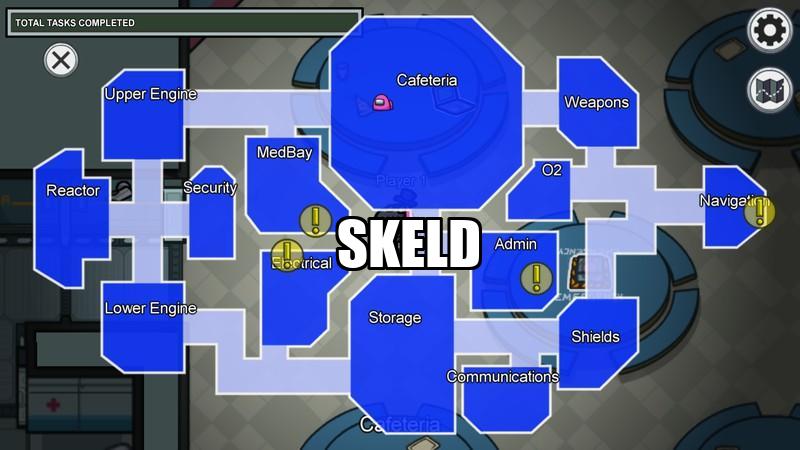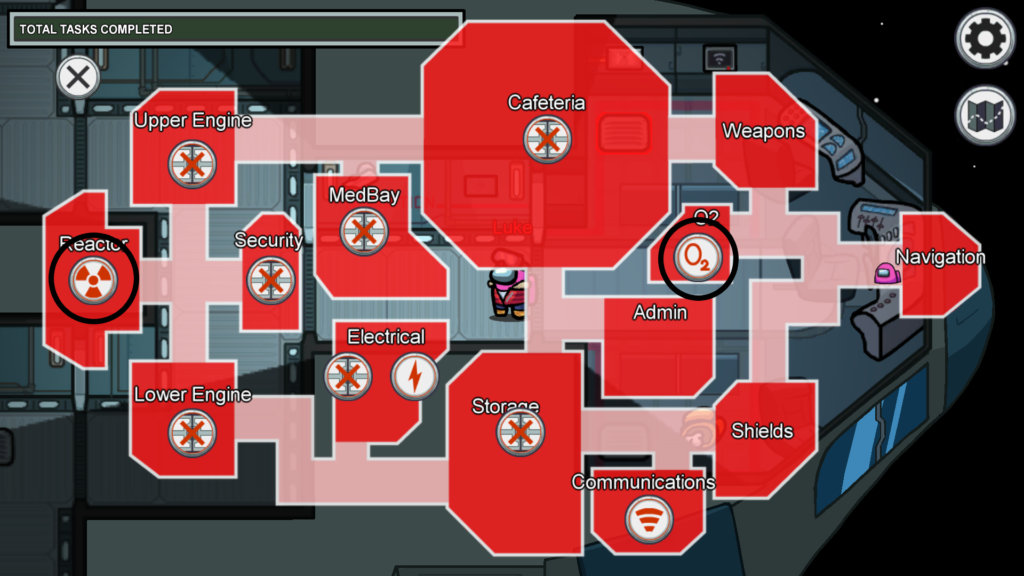
With attention focused on nuclear disasters, it’s hard to imagine the enthusiasm with which nuclear energy was once regarded, when it was seen by many as one answer to global energy demand. And, set against the falling costs of energy produced from renewable sources such as solar and wind power, it is possible that the demand for nuclear energy will not rebound. But, as the International Energy Agency (IEA) has noted, overall uptake of nuclear energy, especially in high-income countries, is below what it calls its Sustainable Development Scenario. New reactors continue to be planned and built - in China and India, for example. Both of these factors have stymied nuclear energy’s great promise as a source of fuel. Today, his speech is a reminder that nuclear power shares a common ancestor with weapons of mass destruction. Successive disasters have depleted the public optimism that accompanied Eisenhower’s 1953 address to the United Nations General Assembly. Nuclear energy, ten years after Fukushima Its use might continue to fall, although it will remain a part of the global energy mix for many decades, with a role in decarbonizing energy supplies as the fossil-fuel age comes to a close. Today, nuclear power supplies about 10% of the world’s energy, down from 13% in 2010. Twenty-five years earlier, human error resulted in a meltdown at the Chernobyl site, blowing the roof off a nuclear reactor and releasing radiation across Europe. The tsunami also swept over the protective sea wall around the Fukushima Daiichi nuclear power plant, and the subsequent flooding led to the partial meltdown of three reactor cores, causing fires and explosions. In Japan, some 19,300 lives were lost as a result of an earthquake that occurred off the island of Honshu and the tsunami that followed.

These stirring words, spoken in 1953 by then US president Dwight Eisenhower, are worth recalling as the world marks the anniversaries of two devastating tragedies involving nuclear technology: the Fukushima disaster in Japan on 11 March 2011, and the catastrophic accident at Chernobyl in what is now Ukraine on 26 April 1986.
Among us reactor meltdown hand how to#
It must be put into the hands of those who will know how to strip its military casing and adapt it to the arts of peace.” “It is not enough to take this weapon out of the hands of the soldiers.


The 1986 disaster, along with that at Fukushima in 2011, has cooled global enthusiasm for nuclear technology. A view of the Chernobyl reactor complex in Ukraine.


 0 kommentar(er)
0 kommentar(er)
